The first two semesters provide a broad foundation in molecular, cellular, systems, and theoretical neuroscience.
Core lecture courses, which are obligatory for all students, help to balance out different academic backgrounds and ensure a uniform level of basic knowledge for all participants. Core lecture courses are complemented by optional tutorials (see below).

SYSTEMS AND BEHAVIOURAL NEUROSCIENCE
103 Integrative & Comparative Neuroanatomy
104 Neuroethology
113 Systems Neurophysiology
114 Learning and Memory

MOLECULAR AND CELLULAR NEUROSCIENCE
101 Cellular Neurophysiology
102 Basic Molecular & Cell Biology
111 Molecular & Cellular Neurobiology
112 Development & Plasticity

THEORETICAL AND COMPUTATIONAL NEUROSCIENCE
105 Theoretical Neuroscience I
106 Mathematical Foundations
115 Theoretical Neuroscience II
116 Biological Statistics
Tutorials, laboratory practicals, and labrotations are an important component of the course programme, as they offer a first opportunity to customize the curriculum to the personal needs and preferences of students:

Tutorials
Students may elect to participate in tutorials, in order to fill any gaps in their individual academic backgrounds.
Tutorials repeat and reinforce lecture materials for students who prefer a slower pace of delivery in a particular subject area.

Lab Weeks
Four week-long laboratory practicals are obligatory for all students (but typically offer some choice of topic):
101P Cellular Neurophysiology
102P/103P Basic Molecular Biology & Neuromicroscopy
111P Molecular & Cellular Neurobiology
113P Systems Neurophysiology

Labrotations
After each of the first three semesters, students choose a research group in which they perform a small research project for four weeks. Results are reported in written form and in an oral presentation.
Labrotations expose students to different research approaches and are helpful in selecting a research group for thesis work.
In the third semester, more advanced courses provide further training in areas the student is considering for specialization. Students choose six courses offered by the Integrative Neuroscience programme or by any other master programme in Magdeburg (as long as they are relevant to neuroscience)
In the third and fourth semesters, some additional courses are offered to further develop professional skills:

Scientific Writing
Tutorials and writing assignments conducted by native English-speaking neuroscientists. Obligatory course and essential preparation for writing a master thesis.

Journal Club
Self-organized meetings to discuss recent publications in areas of neuroscience that are of interest to the participants. Typically, students invite a lecturer to chair the proceedings.

Philosophy
Step back and look at the bigger picture. Learn to appreciate paradoxes and contradictions! Obligatory course and essential for learning to steer between seemingly irreconcilable schools of thought.
